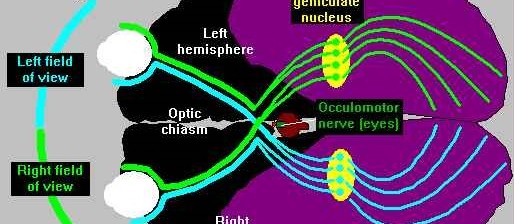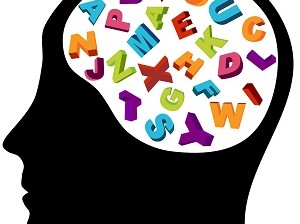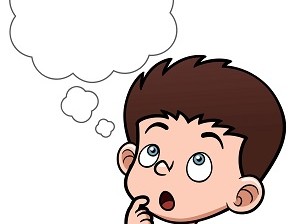Home »
Posts tagged "knowledge" (Page 7)
Tag Archives: knowledge

A Different Approach The previous section explained why we need the ground-up formulation of a new grammar for Natural Language (NL) understanding: none of the existing ones can accommodate the high demands of modern technology and approximate the paradigm of artificial intelligence as a model for human linguistic competence and performance across all linguistic phenomena. In […]

Linguistic Building Blocks While languages are infinite, each has a finite number of structures, functions and attributes. Functions and attributes are the building blocks of a grammar. Grammars or languages are categorized as regular, context-free (CF), context-sensitive (CS), recursive, and recursively enumerable. A context-sensitive grammar is a powerful formalism that describes the language in terms of […]

Exceptions to the Rules In natural language, exceptions to rules of grammar and other characteristics are frequent, and exhibit little consistency or predictability. They may multiply in discourse and in situations where the speaker/writer’s competence is limited. Idioms and irregular verbs are common exceptions which can be quite difficult to categorize or describe using formal descriptive grammar. Further exceptions […]

Polysemy and Constraints Perhaps the most difficult task in Natural Language (NL) understanding is the resolution of polysemy or multiple meanings. Many words in every language do not exhibit polysemy and require no disambiguation. Most words, however, can be interpreted in at least a few different ways. This makes disambiguating NL text a non-trivial task. Each different meaning and shade […]

KR Mosaic On our way to knowledge representation (KR), we’ve looked at concepts and logical propositions and words and taxonomies. I know this can all be a bit confusing, but please bear with me a little longer. Word relations are more than a two-dimensional mosaic of related concepts – they form a deep hierarchy with multiple […]

Production and Comprehension We know that comprehension and language production occur in different areas of the brain and occupy opposite ends of the continuum in the communicative model. The relative independence of the production and comprehension centers suggests one of three possibilities: Syntactic and lexical data are replicated in both the production and comprehension centers of […]

Conceptual Structure The different functions of language are acquired at different stages. As described by Sowa, these functions show why semantics can be considered a guide to how we learn syntax: “First, children associate words with concrete concepts used in perceiving the world and acting upon it. Next, they learn syntactic rules for mapping concepts […]

Learning Stages From a cognitive perspective, we have reason to believe that, for most ordinary communication, words are more important to successful communication than sentences. As the complexity rises, so rises the importance of well-formed phrases and sentences. At an early age, kids begin to communicate using sounds. They progress from there to the single-word […]

Form vs. Substance If the substance is H2O, the form may be solid ice, liquid water or gaseous steam. What about language? We’ve talked about different language phenomena, including spoken, written and digitally stored language. Is the medium the form and the content the substance of language, or is there more? Saussure, a founder of the European flavor of structural […]

Intuition When people use their native language, they don’t usually think about how verbs are supposed to be conjugated. They don’t stop to figure out number agreement, transitivity, or aspect. They just talk. Intuitions about language are probably not based on the grammar rules that govern how parts of speech go together. Instead, these intuitions […]














